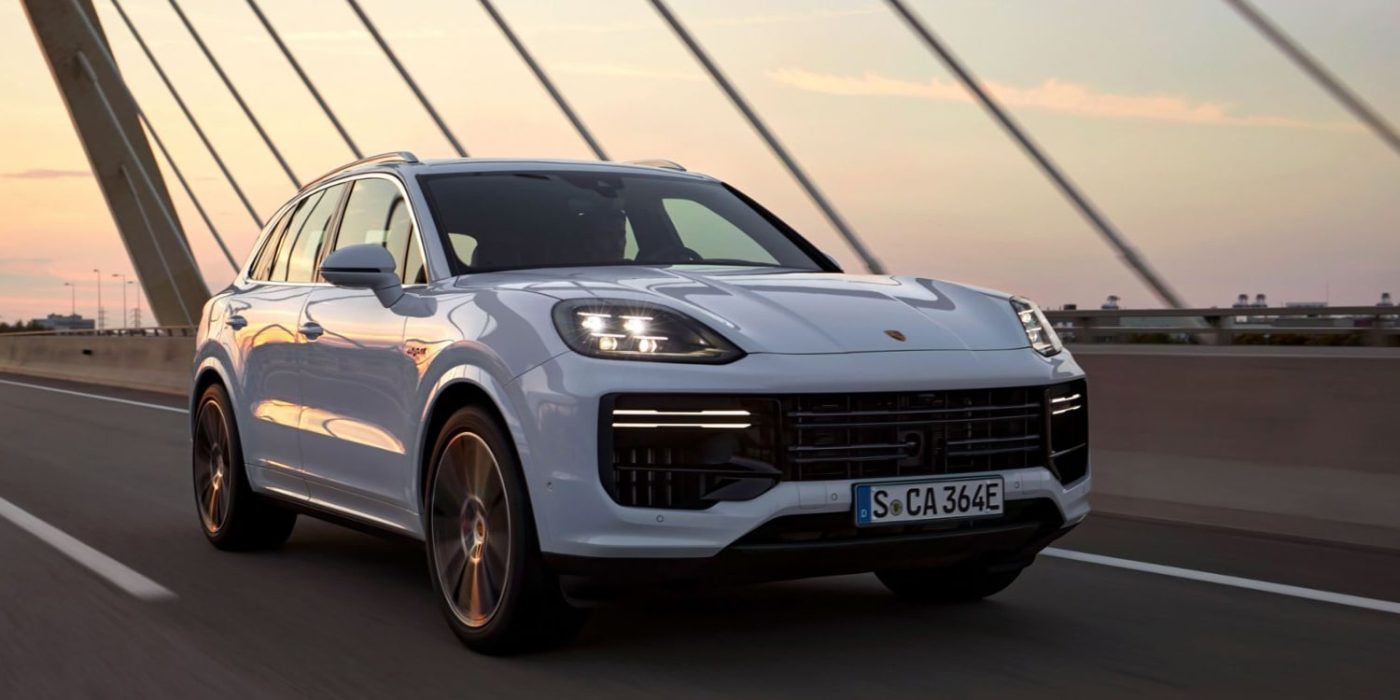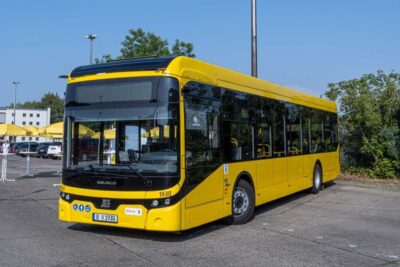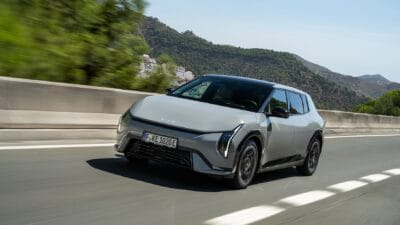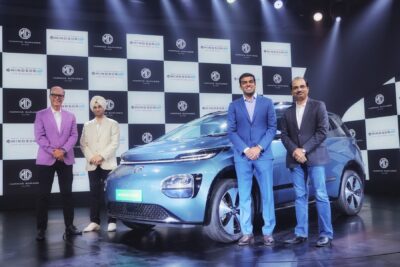Porsche slightly adjusts electric vehicle targets
Porsche has cautiously adjusted its target that more than 80 per cent of cars delivered in 2030 will be fully electric. ‘Our product strategy is designed in such a way that we could deliver more than 80 per cent of our new vehicles in 2030,’ it now says. The most important factor is global demand. In other words, we could deliver when the customer wants.
“The switch to electric cars will take longer than we assumed five years ago,” Porsche now writes. The transformation process will take longer, which is why the drive strategy will now be more flexible. One concrete effect of this decision is that the current generation of the Cayenne will be built for longer – as a combustion engine and hybrid. Porsche is sticking with the purely electric successor generation but is not discontinuing the combustion engine range for the large SUVs at the same time.
This means that Porsche will still have three combustion model series on offer in the future – the 911, the Panamera and the Cayenne. In the Macan, the combustion engines will only be built for non-EU markets; in Europe, the smaller Porsche SUV will only be available in all-electric form. The two smaller two-seaters in the 718 model series will also only be available in all-electric form with the upcoming generation change. Unlike the Cayenne, this will remain the case.
Porsche has several model changes coming up this year. With the new Macan and the extensive model update of the Taycan, two of these are electric. Due to the many model changes, Porsche expects a ‘V-effect’ in sales: As the old model is being phased out and the new one is not yet fully available, there will be a steep decline in sales, followed by equally rapid growth. Porsche CEO Oliver Blume has already spoken of a ‘year of transition’.
However, with the exception of the 911, it remains to be seen how the transition to electric drives will continue. In 2023, Porsche had sold around 95,000 Cayennes as combustion engines and (plug-in) hybrids, just under 30 per cent of total sales. According to the German publication Automobilwoche, the electric target of 80 per cent in 2030 is “hardly tenable with the Cayenne decision.”
There is also another piece of news from Porsche in China: Alexander Pollich, CEO of Porsche Deutschland GmbH since 2018, will (probably) move to the position of President and CEO of Porsche China, Hong Kong and Macao, based in Shanghai, on 1 September 2024. His predecessor Michael Kirsch will simultaneously move to ‘another position of responsibility within the Group’. Details will be announced at a later date, according to Porsche. Recently, Porsche’s sales figures in China had deteriorated.
sueddeutsche.de (behind paywall), automobilwoche.de (both Cayenne, in German), porsche.com (China)





2 Comments